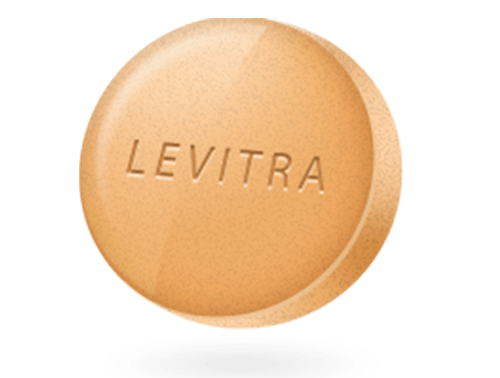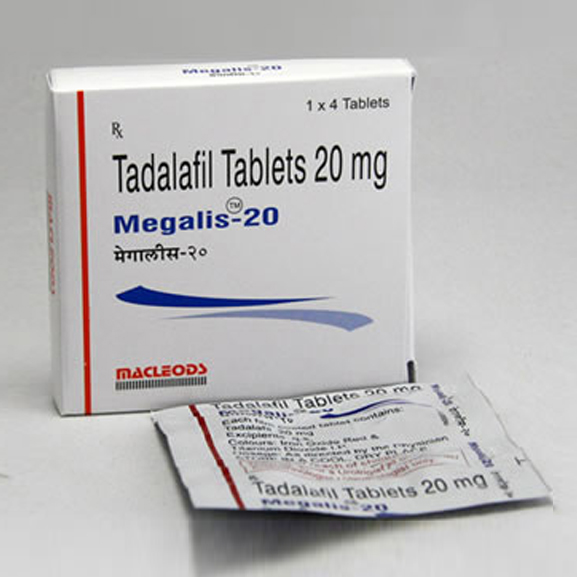Description
Common use
Active ingredients of Levitra Soft relaxe muscles and increases blood flow to particular areas of the body.
Dosage and direction
Take Levitra Soft orally with a glass of water 40 minutes before sexual activity.
Precautions
You should surely consult your doctor before taking Levitra Soft if you have following diseases:
anatomical deformity of the penis, bleeding disorder, cancer, diabetes, frequent heartburn or gastroesophageal reflux disease (GERD), heart problems, high cholesterol, HIV infection, kidney disease, liver disease, sickle cell disease, stroke, stomach or intestinal ulcers, vision problems, an unusual reaction to vardenafil, medicines, foods, dyes, or preservatives
Contraindications
Do not take Levitra Soft if you use nitroglycerin-type drugs for the heart or chest pain such as amyl nitrite, isosorbide dinitrate, isosorbide mononitrate, nitroglycerin, even if these are only taken occasionally. This includes some recreational drugs called ‘poppers’ which also contain amyl nitrate and butyl nitrate.
Possible side effects
The most usual side effects you can suffer from are: flushing, headache, indigestion, nausea, stuffy nose .
Contact your doctor immediately if you have one of the following side effects: back pain, changes in hearing or vision, uch as loss of hearing or ringing in ears, chest pain or palpitations, difficulty breathing, dizziness, eyelid swelling, muscle aches, prolonged erection (lasting longer than 4 hours), skin rash, itching, seizures
Drug interactions
Inform your doctor before taking Levitra Soft if you use the following medications:alpha blockers such as alfuzosin (UroXatral®), doxazosin (Cardura®), prazosin (Minipress®), tamsulosin (Flomax®), or terazosin (Hytrin®), used to treat high blood pressure or an enlarged prostate, arsenic trioxide, bosentan, certain antibiotics such as clarithromycin, erythromycin, sparfloxacin, troleandomycin, certain medicines used for seizures such as carbamazepine, phenytoin, and phenobarbital, certain medicines for the treatment of HIV infection or AIDS, certain medicines to control the heart rhythm (e.g., amiodarone, disopyramide, dofetilide, flecainide, ibutilide, quinidine, procainamide, propafenone, sotalol), chloroquine, cisapride, diltiazem, grapefruit juice, medicines for fungal infections (fluconazole, itraconazole, ketoconazole, voriconazole), methadone, nicardipine, pentamidine, pimozide, rifabutin, rifampin, or rifapentine, some medicines for treating depression or mood problems (amoxapine, maprotiline, fluoxetine, fluvoxamine, nefazodone, pimozide, phenothiazines, tricyclic antidepressants), verapamil
Missed dose
Do not miss the recommended dose if you want to get a desired effect
Overdose
In case of overdose, contact your doctor immediately
Storage
Store at room temperature between 15 and 30 degrees C (59 and 86 degrees F). Do not use the medication after the expiration date
Common use
Aciphex is an antiulcer medication which inhibits a proton pump (PPIs) and blocks the production of acid by the stomach. Biochemically it blocks the (H+,K+)-ATPase enzyme system hereby inhibiting the final stage of hydrochloric acid production. After peroral intake of Aciphex antisecretorial effect is reached during one hour and is maximal in 2-4 hours. This medication is used to treat ulcers in stomach, Zollinger-Ellison syndrome, gastroesophageal reflux disease, to eradicate Helicobacter pylori in patients with ulcers in stomach or chronic gastritis.
Dosage and directions
Dosage should be administered by your doctor depending on your condition. Usually in patients with an acute duodenal ulcer and c it is recommended to take 1 tab (20 mg) in morning one time a day during 4-6 weeks. When treating H. pylori infection, Aciphex may be needed for only a week. Follow all recommendations of your doctor and do not take this drug in larger amounts than it was prescribed to you. Tablets should be swallowed whole. Do not crush, split or chew them. Take Aciphex with or without meals with a big glass of water since food has little effect on its absorption.
Precautions
Notify your doctor if you have a severe liver disease, cancer of stomach before to take this drug. Use of Aciphex in children is not recommended. It is not expected to be harmful to an unborn baby, though inform your doctor if you are pregnant or breastfeeding. Some conditions are treated with a combination of Aciphex and antibiotics, so to achieve maximal effect from treatment, use all of your medications as directed by your doctor.
Contraindications
Pregnancy, breastfeeding, hypersensitivity to Aciphex or a substituted benzimidazoles: omeprazole (Prilosec, Zegerid), lansoprazole (Prevacid), pantoprazole (Protonix), rabeprazole (Aciphex), and esomeprazole (Nexium).
Possible side effect
Together with symptoms of allergy (hives, rash, swelling of tongue and face) such side effects may occur: headache, dizziness, dry mouth, upset stomach or diarrhea, constipation, insomnia, nervousness, rash, or itching. Contact your doctor for help if any of the listed side effects is severe or persistent.
Drug interaction
Co-administration with the medications which absorption depends on acidity of the stomach causes interaction of medications. Aciphex and other PPIs reduce the absorption and concentration in blood of ketoconazole (Nizoral) and increase the absorption and concentration in blood of digoxin (Lanoxin) causing reduction of effectiveness of the former and increase of toxicity of the latter.
Missed dose
If you missed a dose take the medication as soon as you remember. If it is almost time of your next dose just skip its intake and return to your regular schedule.
Overdose
Symptoms of Aciphex overdose are unknown. If you consider that you took too much of the drug seek emergency medical attention.
Storage
Store at room temperature between 59-77 F (15-25 C) away from light and moisture, kids and pets.
Disclaimer
We provide only general information about medications which does not cover all directions, possible drug integrations, or precautions. Information at the site cannot be used for self-treatment and self-diagnosis. Any specific instructions for a particular patient should be agreed with your health care adviser or doctor in charge of the case. We disclaim reliability of this information and mistakes it could contain. We are not responsible for any direct, indirect, special or other indirect damage as a result of any use of the information on this site and also for consequences of self-treatment.











Reviews
There are no reviews yet.